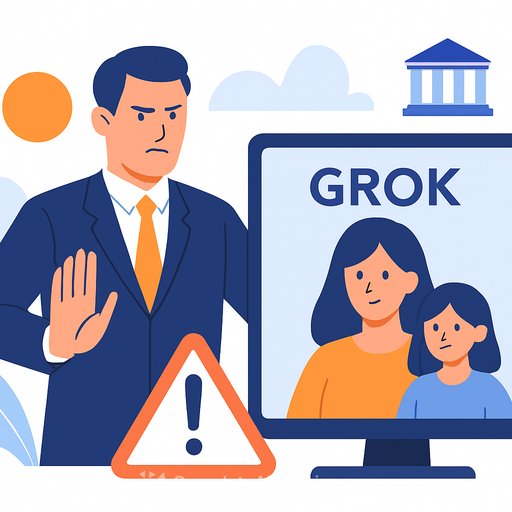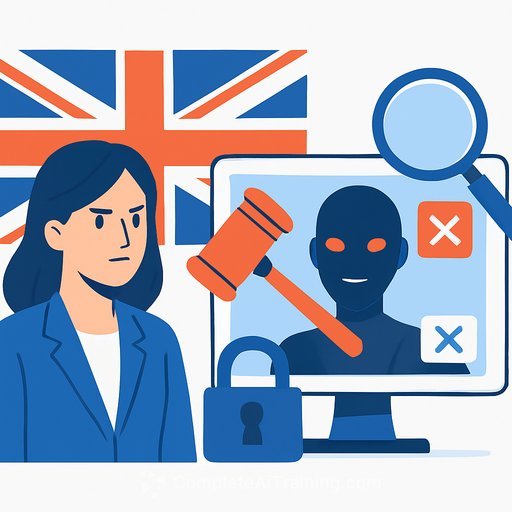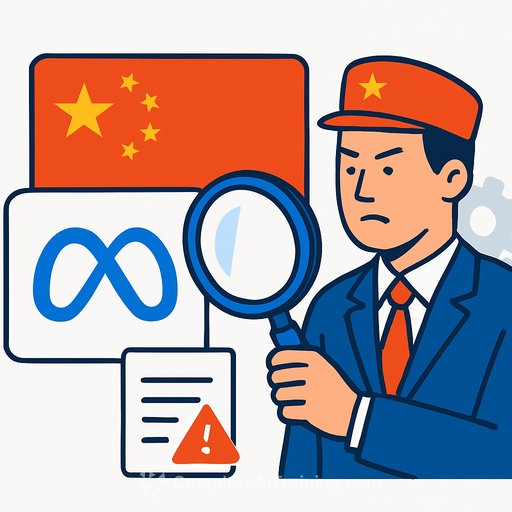German Government Urged to Establish AI Oversight Authorities
Germany is among several EU member states that missed the 2 August deadline to appoint authorities responsible for supervising artificial intelligence (AI) providers under the EU's AI Act. Consumer groups and data protection regulators in Germany are pressing the federal government to quickly designate national market surveillance authorities to enforce compliance with AI regulations.
The AI Act requires member states to notify the European Commission about the authorities tasked with overseeing local AI providers. These authorities will ensure that businesses adhere to the rules set out in the legislation. Without formal designation, companies and regulators lack a clear point of contact for AI compliance matters.
Calls for Immediate Action
Thomas Fuchs, Hamburg's data protection commissioner, emphasized the urgency of appointing AI market surveillance authorities. In some cases, data protection supervisory bodies will also take on this role. Fuchs highlighted that the delay hampers both regulatory clarity and Germany’s position as a competitive hub for AI innovation.
Lina Ehrig, head of digital at the Federation of German Consumer Organisations (VZBV), warned about the risks of unregulated AI use. She pointed out that without oversight, AI could be exploited to manipulate consumers or target individual vulnerabilities, such as through real-time voice analysis in call centres. Ehrig stressed the need for supervisory authorities to monitor these practices and enforce the law effectively.
EU-Wide Delays and Preparations
According to a European Commission official, while some member states have submitted their notifications, most have missed the deadline. Reports earlier this year indicated uncertainty in at least half of the EU countries about which authorities would be appointed to supervise AI compliance.
Despite the absence of formal national oversight, the Hamburg data protection office has started preparing by training personnel and developing capabilities to test AI systems. Earlier this year, the regulator questioned Meta about its AI tools as part of these preparatory steps.
The AI Act came into force in August 2024, with provisions being gradually implemented. This month marks the deadline for appointing national authorities, and rules targeting general-purpose AI providers—such as ChatGPT, Claude AI, and Gemini—are now beginning to apply.
What This Means for Government Officials
- Prompt appointment of AI supervisory authorities is critical for ensuring compliance and protecting consumer rights.
- Clear regulation and enforcement foster trust and support responsible AI innovation within Germany.
- Government bodies should consider supporting training and resource allocation for AI oversight teams.
For those involved in government roles related to AI regulation and compliance, staying informed about the evolving legal landscape is essential. Further resources and training on AI governance can be found at Complete AI Training.
Your membership also unlocks:






